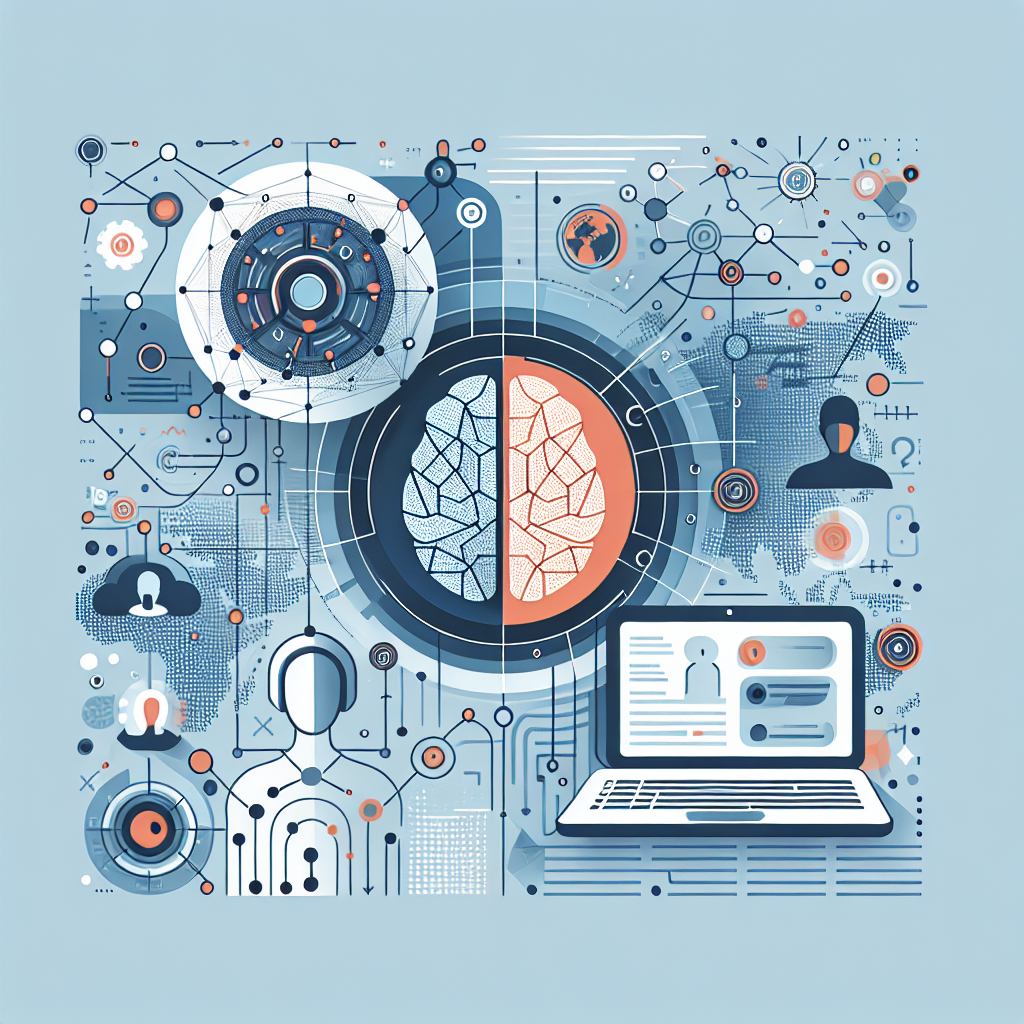Artificial Intelligence (AI) platforms have revolutionized the way we work, especially in the context of remote work. These platforms leverage machine learning algorithms to automate repetitive tasks, analyze data, and make intelligent decisions. As a result, remote workers can streamline their workflows, increase productivity, and collaborate more effectively with their colleagues.
One of the key benefits of AI platforms for remote work is their ability to automate mundane tasks. For example, AI-powered chatbots can handle customer inquiries, schedule meetings, and provide personalized recommendations to users. This frees up remote workers to focus on more strategic tasks that require human creativity and problem-solving skills.
AI platforms also enable remote workers to analyze large volumes of data quickly and accurately. For instance, AI algorithms can process complex datasets to identify patterns, trends, and anomalies. This allows remote workers to make informed decisions based on real-time insights, rather than relying on gut feelings or intuition.
Furthermore, AI platforms can improve communication and collaboration among remote teams. For example, AI-powered virtual assistants can facilitate seamless communication by transcribing meetings, summarizing key points, and sending follow-up reminders. This ensures that remote workers stay on the same page and can easily access important information when needed.
In addition, AI platforms can enhance remote workers’ skills and knowledge through personalized learning experiences. For instance, AI algorithms can recommend relevant training materials, courses, and resources based on an individual’s learning preferences and goals. This allows remote workers to upskill and reskill themselves at their own pace, without the need for formal training programs.
Overall, AI platforms have the potential to transform remote work by increasing efficiency, enhancing collaboration, and empowering remote workers to work smarter, not harder. However, there are some common questions and concerns that remote workers may have about AI platforms. Let’s address some of these FAQs below:
FAQs:
1. How secure are AI platforms for remote work?
AI platforms use advanced encryption techniques and security protocols to protect sensitive data and ensure privacy. Remote workers should also follow best practices for cybersecurity, such as using strong passwords, enabling two-factor authentication, and keeping software up to date.
2. Will AI platforms replace remote workers?
AI platforms are designed to augment, not replace, human workers. While AI can automate routine tasks and provide valuable insights, it cannot replicate human creativity, empathy, and critical thinking skills. Remote workers should view AI as a tool to enhance their productivity and effectiveness, rather than a threat to their jobs.
3. How user-friendly are AI platforms for remote workers?
AI platforms are designed to be intuitive and user-friendly, with a focus on user experience and usability. Remote workers should receive training and support to familiarize themselves with the platform’s features and functionalities, so they can maximize its potential and leverage its benefits effectively.
4. What are some examples of popular AI platforms for remote work?
Some popular AI platforms for remote work include Slack, Microsoft Teams, Zoom, Google Workspace, and Salesforce. These platforms offer a wide range of AI-powered features, such as virtual assistants, chatbots, predictive analytics, and natural language processing, to facilitate remote collaboration and communication.
5. How can remote workers stay updated on the latest AI trends and technologies?
Remote workers can stay informed about the latest AI trends and technologies by attending webinars, conferences, and workshops, reading industry publications and blogs, and networking with professionals in the field. They can also enroll in online courses and certifications to deepen their knowledge and skills in AI and related disciplines.
In conclusion, AI platforms have the potential to revolutionize remote work by automating tasks, analyzing data, improving communication, and enhancing learning experiences. Remote workers can leverage AI technologies to increase productivity, collaborate effectively with their colleagues, and stay competitive in today’s fast-paced digital economy. By embracing AI platforms and staying informed about the latest trends and technologies, remote workers can unlock new opportunities for growth, innovation, and success in their professional endeavors.

